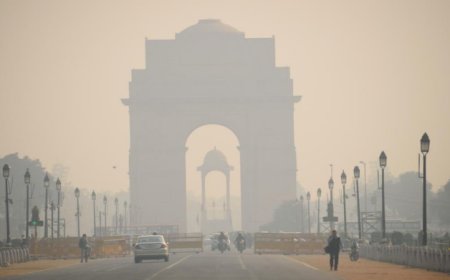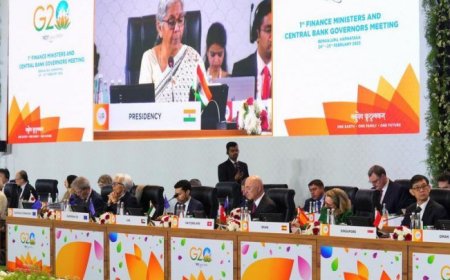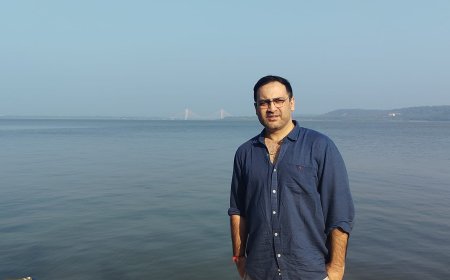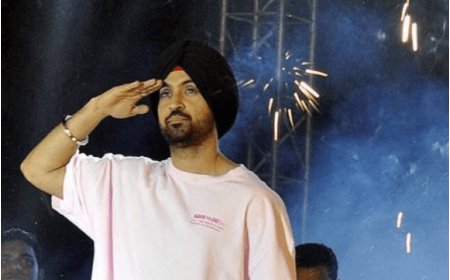Rakesh Roshan’s Remarks on South Cinema Ignite Fiery Debate in the Film Industry
Rakesh Roshan’s Remarks on South Cinema Ignite Fiery Debate in the Film Industry

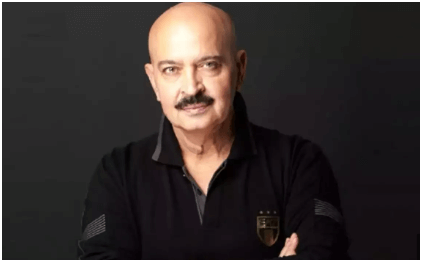
Rakesh Roshan, one of Bollywood’s most celebrated filmmakers, recently sparked a heated debate across the film industry with his remarks on the rising dominance of South Indian cinema.
In a candid interview, Rakesh Roshan praised the storytelling and cultural depth of South Indian films while expressing concerns about the direction Bollywood has taken in recent years. His comments have since ignited a storm of opinions, drawing sharp reactions from fans, industry insiders, and fellow filmmakers.
Rakesh Roshan , whose career spans decades and includes blockbusters like Koi... Mil Gaya and Krrish, lauded South Indian cinema for its ability to balance tradition with mass appeal. He pointed to the success of films like RRR, Pushpa: The Rise, and KGF as examples of how South filmmakers have captured the imagination of audiences both in India and abroad. According to Roshan, these films stand out because they remain rooted in cultural authenticity while delivering grand, emotionally engaging narratives.
However, Rakesh Roshan observations about Bollywood’s struggles struck a nerve. He suggested that Hindi cinema has, in many instances, strayed too far from its cultural roots, focusing instead on urban-centric themes and high-concept scripts that fail to resonate with a broader audience. He emphasized the need for Bollywood to rediscover its connection with the masses, much like South Indian cinema has done.
The reaction to Rakesh Roshan statements was swift and polarized. Supporters praised his honesty, agreeing that Bollywood has become increasingly disconnected from its audience in an era dominated by formulaic storytelling and over-reliance on star power. On social media, many fans echoed Roshan’s sentiment, noting that South Indian films often deliver richer narratives, innovative action sequences, and a cinematic experience that feels more authentic.
On the other hand, critics accused Rakesh Roshan of oversimplifying the reasons behind the success of South Indian cinema. Many pointed out that the rise of these films is not merely a result of cultural authenticity but also the product of meticulous planning, groundbreaking marketing strategies, and heavy investment in visual effects and production design. They argued that Bollywood, despite its challenges, continues to produce critically acclaimed films that push creative boundaries.
Within the industry, Rakesh Roshan remarks led to mixed responses. Prominent South Indian filmmakers appreciated his acknowledgment of their efforts but dismissed the notion that Hindi cinema lacks quality. Several directors emphasized that the divide between regional and national cinema is diminishing thanks to the rise of streaming platforms, which allow films to reach a global audience regardless of language or region.
Bollywood insiders also defended their turf, with some pointing out that the industry has delivered notable successes and critically acclaimed works in recent years. They argued that every film industry goes through phases and that Bollywood, like any creative field, is constantly evolving in response to audience preferences.
The controversy also reignited discussions about the changing dynamics of Indian cinema. Historically, Bollywood was seen as the face of Indian cinema, but in recent years, South Indian films have emerged as serious contenders, both in terms of box office revenue and cultural impact. With movies like Baahubali and RRR garnering international recognition, the traditional hierarchy of Indian cinema has shifted, making room for diverse voices and regional storytelling to shine on a global stage.
One significant factor behind this shift is the democratization of content brought about by OTT platforms. These platforms have broken down geographic and linguistic barriers, allowing audiences to explore films beyond their traditional preferences. As a result, regional films with compelling stories and universal themes have found immense popularity, challenging Bollywood’s dominance.
Amid the backlash, Rakesh Roshan released a statement clarifying his intent. He emphasized that his comments were not meant to undermine Bollywood but to highlight areas for growth and improvement. "I have always believed in the strength of Indian cinema as a whole," he said. "My remarks were aimed at encouraging healthy dialogue and learning from each other’s successes."
Rakesh Roshan clarification did little to quell the debate, as fans and filmmakers continued to discuss the merits and challenges facing both industries. The uproar underscores the intense scrutiny that the Indian film industry faces in a time of transformation. While South Indian cinema continues to soar, Bollywood is grappling with a period of introspection, striving to redefine itself in a rapidly evolving entertainment landscape.
Despite the controversy, Rakesh Roshan comments have sparked a necessary conversation about the future of Indian cinema. Many see this moment as an opportunity for greater collaboration between industries. With Bollywood remaking South Indian hits and regional filmmakers exploring pan-Indian projects, there is immense potential for synergy that could elevate Indian cinema as a whole.
As the dust settles, one thing remains clear: the debate around Rakesh Roshan remarks is not just about Bollywood versus South cinema. It is a reflection of a broader cultural shift, where audiences are increasingly seeking diverse, relatable, and impactful stories. Whether Bollywood can rise to the challenge and reclaim its narrative remains to be seen, but the conversation has undoubtedly set the stage for introspection, innovation, and growth in Indian cinema.




